Nature reports
Publisher: Leibniz Institute for Zoo and Wildlife Research
Page 1 of 2 - 11 Results

Reliability of data and motivation of citizens are the factors of success. This is the conclusion of an international team of scientists with the participation of the Leibniz Institute for Zoo and Wildlife Research in Berlin and..
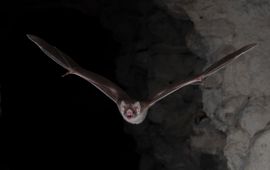
Vampire bats feed exclusively on blood, a mode of feeding unique amongst mammals. It has therefore been long suspected that vampire bats have highly specific evolutionary adaptations. It turns out that the microbiome plays an..
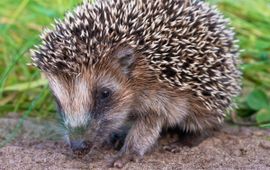
Wildlife is conquering the city, in Berlin and other places. Many people now have their first encounters with wildlife in urban areas – often, but not always, these are exciting experiences with a happy ending. To satisfy the..
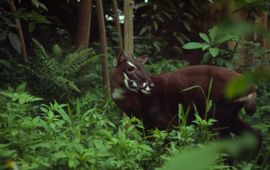
The saola, a primitive wild cattle endemic to the Annamite mountain range in Vietnam and Lao People’s Democratic Republic (PDR), is in immediate danger of extinction. The primary threat to its survival is intensive commercial..
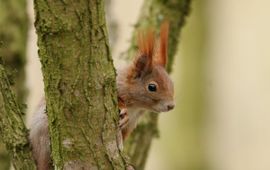
A previously unknown poxvirus causes severe disease in European red squirrels from Germany. Molecular genetic investigations revealed a new virus species in the family of Poxviridae. ..

An international team of scientists has proposed a new multi-disciplinary approach in which an array of new technologies will allow us to map biodiversity and the risks that wildlife is facing at the scale of whole landscapes. "If..
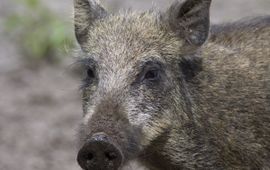
Different than expected, wild boars do not come to Berlin in order to use garbage or other anthropogenic food resources. In fact, also in the city they predominantly consume natural resources. The researchers analysed the stomachs..
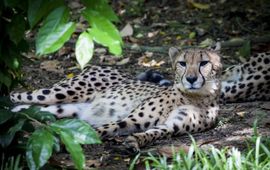
Cheetahs are categorised as vulnerable species, partly because they have been considered to be prone to diseases due to their supposed weak immune system. However, they are hardly ever sick in the wild. ..
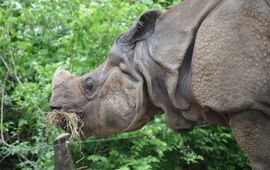
Female rhinoceros often suffer from vaginal or uterus tumors, which complicate the production of offspring. For the first time, scientists from the Leibniz Institute for Zoo and Wildlife Research in Berlin and the University of..
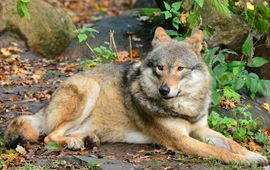
Since the year 2000, the Eurasian wolf has spread across Germany. For Ines Lesniak, doctoral student at the Leibniz Institute for Zoo and Wildlife Research, and her colleagues a good reason to have a closer look at the small..
